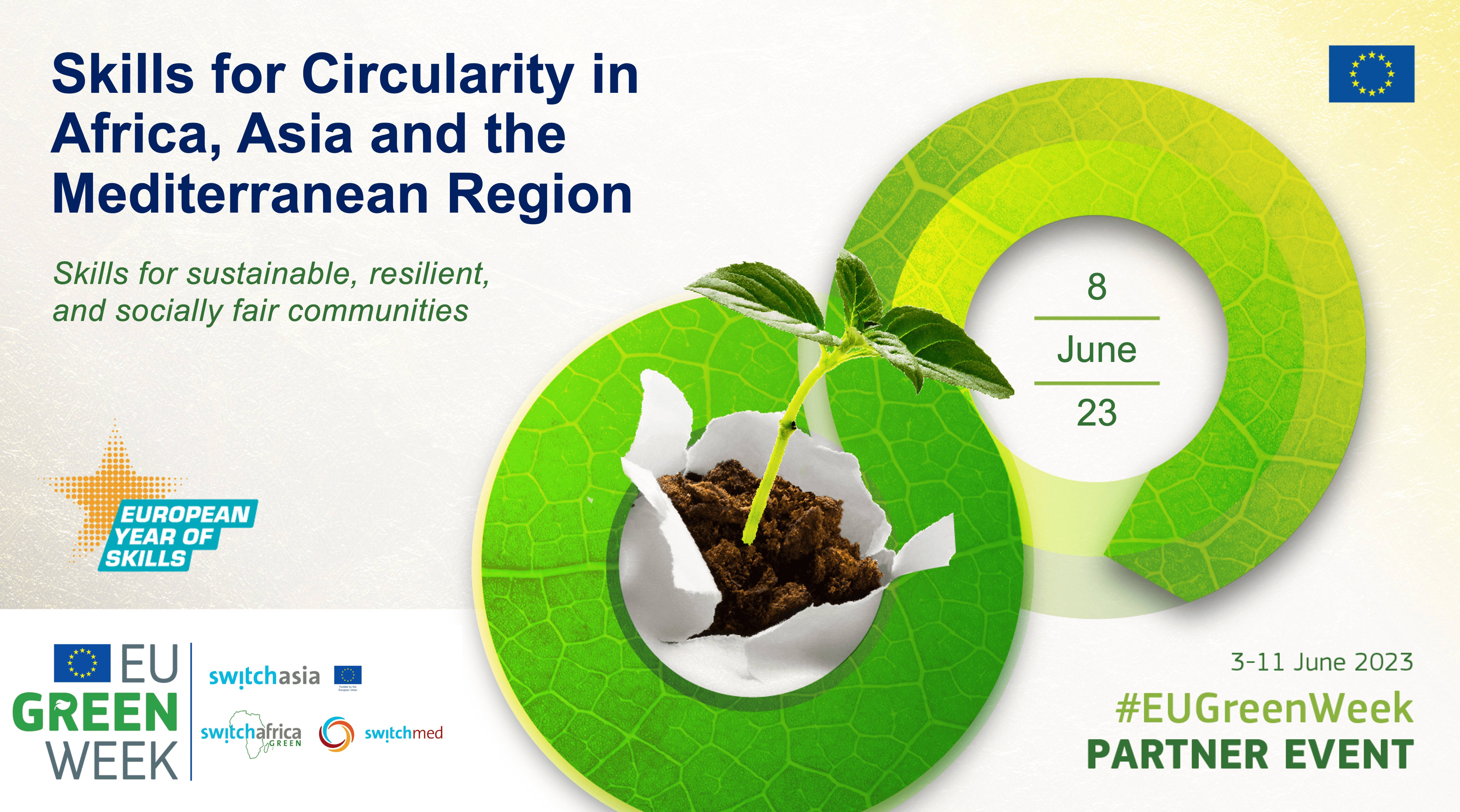
When: 8 June 2023 I Time: 15:00-16:00 (Bangkok Time) / 10:00-11:00 (Brussels) I Official EU website
Background
Through the EU Green Deal and Global Gateway, the EU is committed to supporting the transition of countries to a low-carbon, resource-efficient and circular economy while promoting sustainable production and consumption patterns within Asia, the Middle-East and the Pacific, Africa and the Mediterranean, and greener supply chains between these regions and Europe. This has been possible through programmes such as SWITCH-to-Green (EU global flagship initiative on green economy), SWITCH-Asia, SWITCH-Med and SWITCH-Africa Green.
These programmes contribute actively to the 2030 Agenda for Sustainable Development, in particular Goal 12 on Responsible Consumption and Production, as well as mainstreaming the external dimension of key EU policies and strategies such as the Circular Economy Action Plan, the Farm to Fork Strategy, the EU Textiles Strategy, among others. They place emphasis on sharing capacities in the field of sustainable consumption and production in three regions, Asia, Africa and the Mediterranean.
The increasing importance of the circular economy will have a significant impact on the shape of jobs and competencies. New skills will become more prominent such as digital and green literacy and problem solving, while skills related to specific functionalities or disciplines will continue to be important. Non-repetitive, circular jobs will emphasize skills such as product repair and maintenance or innovating the product design process to improve longevity. Circular mindsets and skills must be addressed directly in the classroom, and this requires an investment in resources such as suitable training equipment, teacher training, resource libraries, and more.
Key Questions to be addressed during this event
- How will the shift to a circular economy affect skills in each continent? Which skills will be most needed?
- How do we teach circular skills? What are the specificities in teaching circular skills in each region?
- How can skills be shared across continents? Which best practices can be shared from your continent? How would sharing of skills contribute to increased resilience of value chains?
Objectives of the event
- Increased understanding of the scale of change in skills required but also the existing resources and best practices available for a shift to a circular economy.
- Exchange of views about the changes in teaching methods needed for each region to shift to a circular economy.
- Overview of practical examples of companies and entrepreneurs to support a shift to a circular economy in each region.
Watch the webinar recording (here)
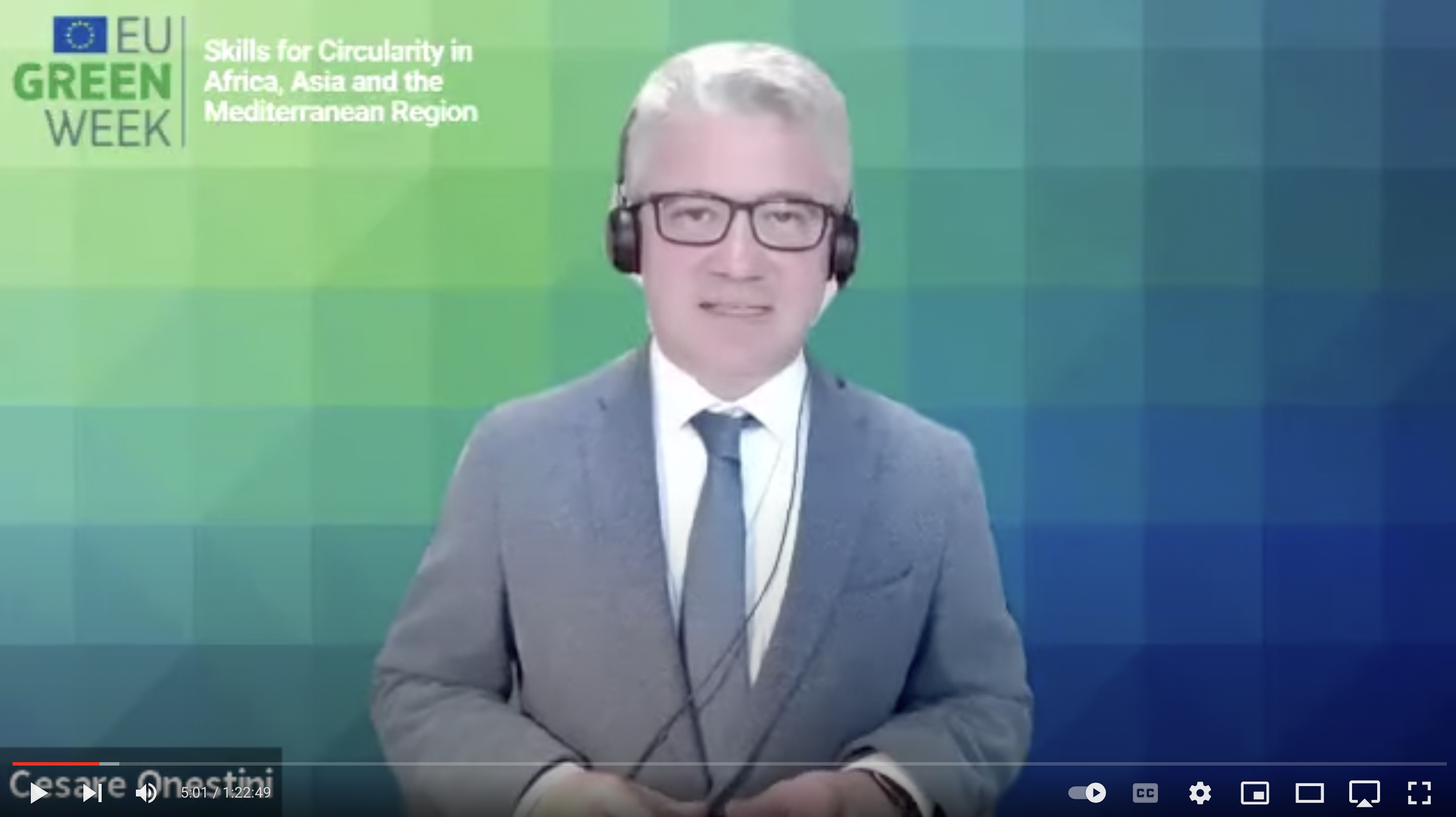
You might also be interested in:
- Consumption and Resilience: The Role of Institutes of Higher Education VIDEO I Voices from the Experts ARTICLE
- Innovation and SCP: The Role of Knowledge Institutions VIDEO I Voices from the Experts ARTICLE
Speakers
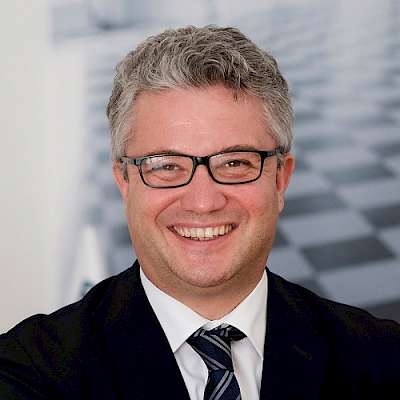
Cesare Onestini, Director-General for LIFE (Agriculture, Fisheries, Social Affairs and Health) in the General Secretariat of the Council of the European Union
Mr Onestini combines a background in external relations with extensive experience in policy development and management in various EU institutions. Between 2017-2022 he was the Director of the European Training Foundation, the EU Agency promotion reforms of skills and training policies in third countries. From 2014-2017, he served as Deputy Head of the EU Delegation to India and Bhutan. He joined the EU Delegation to the United Nations in New York in 2008 as Coordinator of Political and Security Council Affairs. From 2010-2013 he contributed to the setting up of the European External Action Service, reporting directly to the Secretary General of the EEAS. In the European Commission, he worked for the Directorate-General of Education and Culture from 1995-2000, for DG External Relations and DG Transport and Energy from 2001-2004, and for the Secretariat General of the Commission and the Directorate-General of Trade from 2005-2008. He holds degrees in Human Sciences (BA) and European Politics (Master) as well a Doctorate in Politics and International Relations from the University of Oxford.
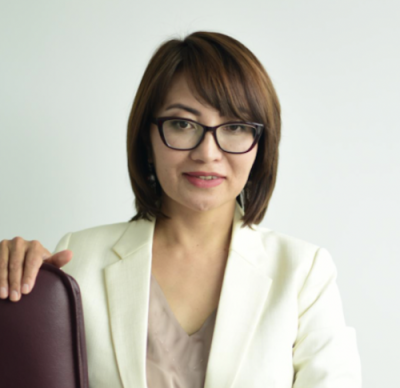
 Nurzat Abdyrasulova, Founder and General Director of Unison Group
Nurzat Abdyrasulova, Founder and General Director of Unison Group
Nurzat Abdyrasulova is a Founder and General Director of Unison Group with over 20 years of professional experience in the area of renewable energy supply, energy efficiency, ‘green’ technology and finance, nature-based solutions, and sustainable consumption and production (SCP). Ms. Abdyrasulova is the leading expert on the EU SWITCH-Asia project in Kyrgyzstan on the promotion of SCP for the tourism sector, including the establishment of targeted Energy Efficiency and Renewable Energy lending products for SMEs from local financial institutions. She is the author of Enhancing SCP Tools and Circular Economy Approach in the Building Sector with a Focus on Energy Efficiency and developed Green Building Guidelines through the Building Lifecycle and Value Chain for Kyrgyzstan.
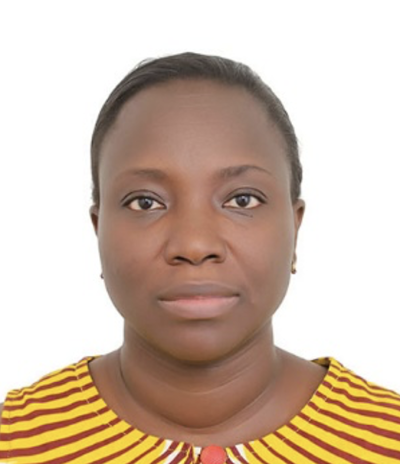
 Letitia Abra-Kom Nyaaba, Director of the Ghana Cleaner Production Center
Letitia Abra-Kom Nyaaba, Director of the Ghana Cleaner Production Center
Letitia Abra-Kom Nyaaba joined the Environmental Protection Agency on 2nd July 2002 as an Assistant Programme Officer stationed at the then Tema Office from 2002-2009. She went on further studies from 2009-2011 after which she was assigned to the Ghana National Cleaner Production Centre in 2011 as a Senior Programme officer, where she works with MSMEs promoting resource efficiency and cleaner production (RECP) till date. From 2019, she is the Director of the Ghana Cleaner Production Center. Letitia has worked closely with the Switch Africa Green Programme in Ghana in capacity enhancement of MSMEs in Resource efficiency. She studied Chemical Engineering (1st degree) at the Federal University of Technology Minna, Niger state and a diploma in Statistics at Hassan Usman Katsina Polytechnic, Katsina (Nigeria). She acquired MPHIL in Nuclear/ Environmental Protection at the University of Nuclear/Allied Sciences (University of Ghana, Legon). She is a member of Ghana Institution of Engineers. Letitia worked part time at Ghana Television (GTV) as a News Anchor in Hausa from 2001 to 2015.
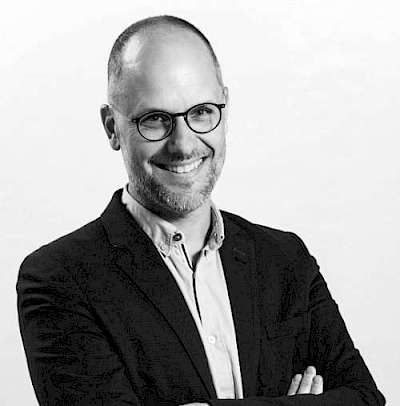 Giorgio Mosangini, Team Leader - Green Entrepreneurship & Civil Society (SwitchMed) at MedWaves
Giorgio Mosangini, Team Leader - Green Entrepreneurship & Civil Society (SwitchMed) at MedWaves
Giorgio Mosangini, MSc in Political Sciences from Université Libre de Bruxelles and MSc in Development Studies from Universitat Autònoma de Barcelona, also holds a Specialization in Impact Assessment of Development Programmes. Team Leader of Green Entrepreneurship and Civil Society at MedWaves - the UNEP/MAP Regional Activity Centre for SCP. Giorgio has 22 years’ experience in the International Development Sector in the MENA and Latin America. He has coordinated projects related to sustainable entrepreneurship, civil society strengthening, local and rural sustainable development and gender equality. He’s author of several publications and methodological guides on Sustainability, Evaluation, Decentralised Cooperation and Social Communication. At MedWaves he set up and coordinates the initiative for sustainable business development The Switchers Support Programme.



